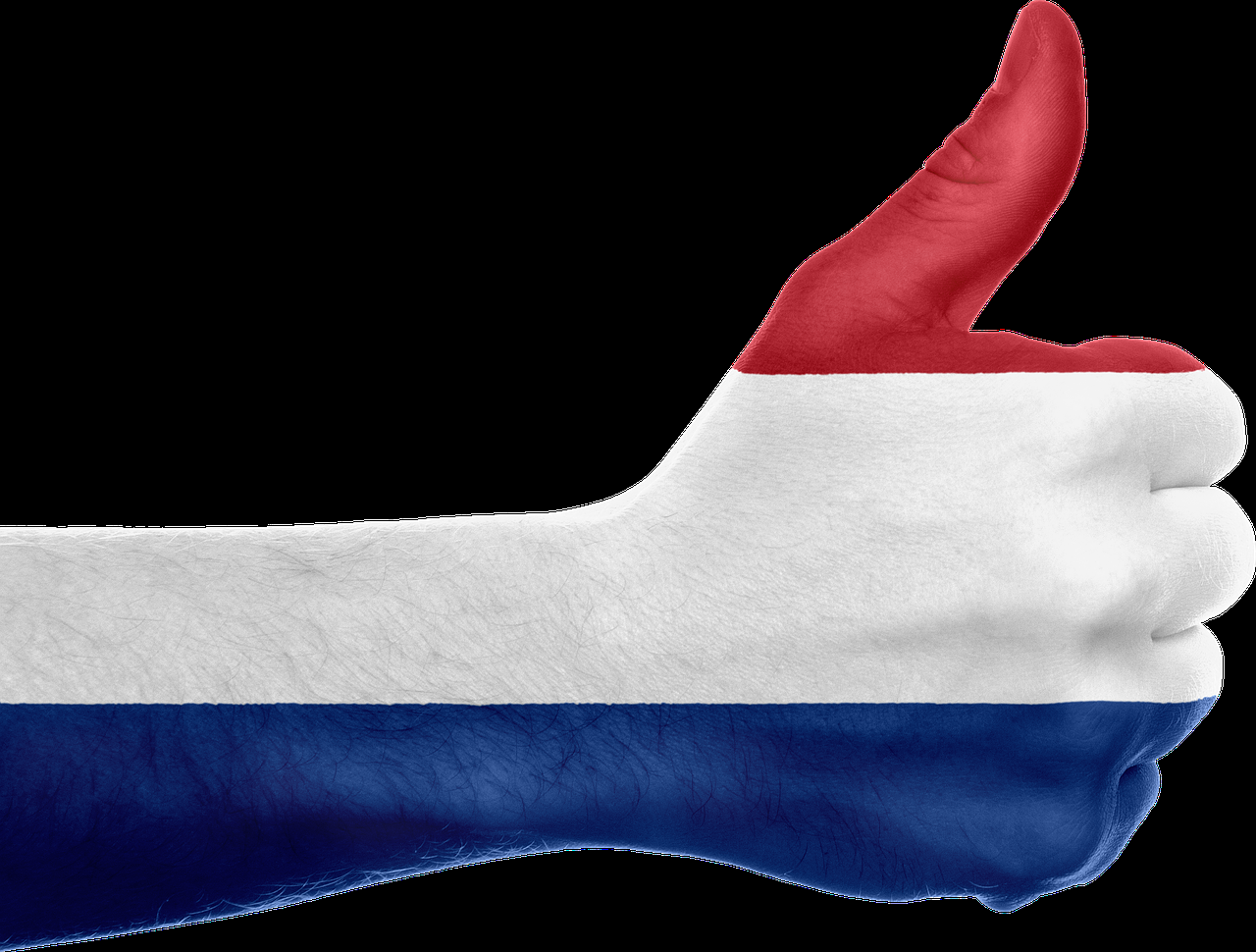
Not many people know that the Netherlands ranks an impressive sixth place on the list of the best countries to work in the world. This ranking, updated in September 2017 and authored by The Balance, placed Luxembourg as number one, followed by Switzerland, United States, Australia, and Norway before the Netherlands. The fundamental parameters considered in the study about Dutch work are: Average income (€43.107); minimum wage (€8,17 per hour); vacations (at least 20 days); public holidays (at least 10); parental leave (16 paid weeks); healthcare (private insurance shared by employees and employers); average hours worked per week (27,3); unemployment rate (5,3%); and the top industries to work in (agroindustry, metal and engineering products, electrical machinery and equipment, chemicals, petroleum, construction, microelectronics, and fishing).
The Netherlands’ sixth place and its statistics speak well of the country’s contribution to the general welfare of the working population. It is not surprising, then, to find abundant working conditions’ legislation applicable to companies, and governmental support for professionals searching for work. The organization that guides and rules the Dutch working conditions is the UWV (Uitvoeringsinstituut Werknemersverzekeringen), translated as the Employee Insurance Agency, which is commissioned by the SZW (Ministerie van Sociale Zaken en Werkgelegenheid), translated as the Ministry of Social Affairs and Employment. These organizations’ main objective is to safeguard the health and the working environment for employees. They focus on the following:
• Working hours, breaks, rests, and shifts.
• Occupational safety and health (prevention from physical and psychological stress, dangerous substances, radiation and contagion).
• Equal treatment of people (Dutch law prohibits all kinds of discrimination).
• Equal payment (the same work must be rewarded the same with no exception).
Dutch companies and multinationals operating in the Netherlands are obliged by law to fulfil these working conditions and regulations, which leaves little space to misbehave and, at the same time, establishes the foundations for all healthy working places in the country. Having this point cleared out, we can advance to the following aspect of a work place: What makes it an exemplary workplace?
Great Place to Work is an international and independent organization that surveys employees in different countries to know which companies are the best to work in. Here, other factors in addition to law, health, safety and equality come into play. In the opinion of the employees surveyed, some of these factors are:
• The sort of work is an inspiration.
• Good balance between work and private life.
• Shared contribution to society.
• Commitment and support for personal and professional development.
• Shared culture and core values of the organization.
• Transparent communication inside the organization.
Based on these criteria, the ranking of Best Workplaces in The Netherlands 2017 for big companies (more than 250 employees) is as follows: (1) Novo Nordisk, (2) Mars, (3) Amgen, (4) Abbvie, (5) Cooperatie Dela, (6) Hilton, (7) The Adecco Group, (8) Lloyds Bank, (9) Herbalife Netherlands, (10) Synechron.
But what happens if we change the focus from employees to graduates and students? Then we will see that the perception of best potential companies to work in will depend mainly on the desired future career path. Universum, a company specialized in employer branding, performed a talent survey where the most determinant factors were: Be entrepreneurial or creative/innovative, have work/life balance, be intellectually challenged, become a leader or manager, be dedicated to a cause for a greater good, have an international career, and have security and stability at work. Here, the list of the most attractive Dutch employers 2017, under the category of business, is: (1) Heineken, (2) KLM, (3) Google, (4) Nike, (5) Apple, (6) Tesla, (7) Coca-Cola Enterprises, (8) Unilever, (9) L'Oréal Group, (10) Coolblue.
Multiple factors determine good working conditions, but we can say that exemplary employers offer a common ground of well-being for their employees based on respect for legislation, health, safety, flexibility, motivation, commitment to human values, and personal and professional approach for development, which, consequently, foster mutual effort on an organization’s success, and further contribution to a better and egalitarian society.
Paula Arellano Geoffroy
